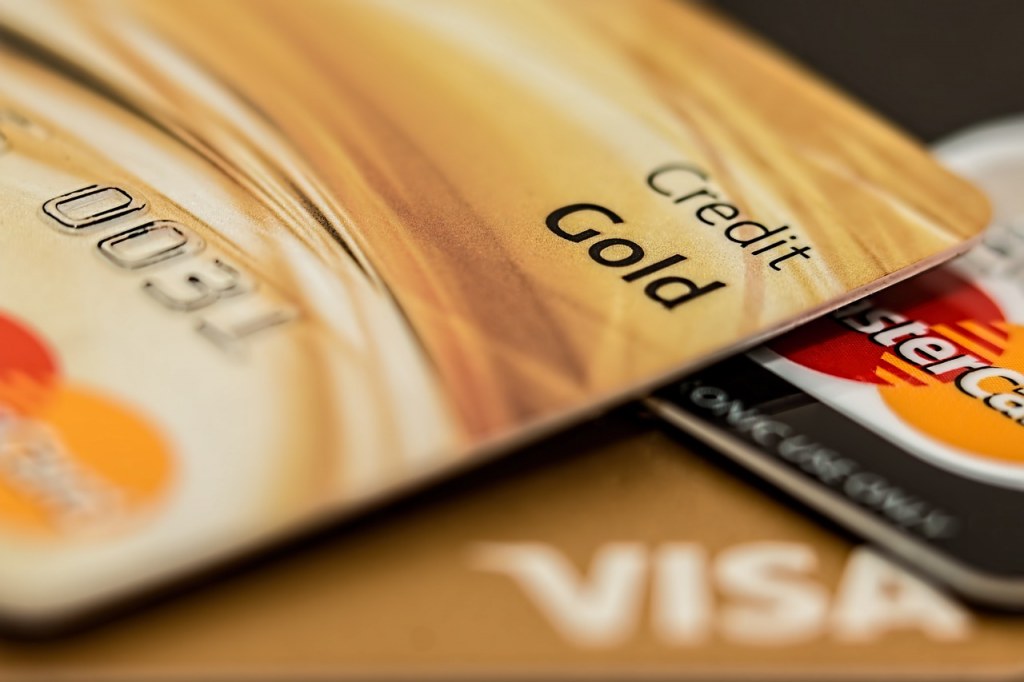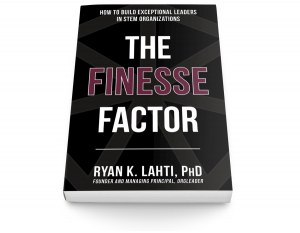
Most of us have a plastic “chip and pin” card from a traditional credit card company we use to complete transactions. Is this method of payment still going to be the most popular form? I wouldn’t bet on it. Competing forms will likely alter how we pay with or without cards.
As a starting point, consider contactless credit cards which use short-range proximity technology to securely complete payments via a contactless-enabled checkout terminal. An A.T. Kearney study highlights the value of contactless cards at the point of sale (POS):
- Strong US consumer adoption of contactless cards could translate into a reduction in retail cash payment volume of about $190 billion through 2022.
- Merchant infrastructure for accepting contactless payments is already in place in the US, with 70 percent of POS terminals having the necessary hardware.
- US banks could see incremental card-related earnings of more than $2 billion between now and 2022 as a result of issuing contactless cards.
The Cryptocurrency Threat
In a recent Forbes article, Arran Stewart, co-owner and CVO of Job.com, explains how bitcoin could substitute for credit cards. Credit cards could be replaced with simple wallet verification that could be confirmed “with something as simple as a fingerprint. We are already used to doing the same and similar behavior with Apple Pay. This is far more secure and efficient as it would allow retailers to receive payment for goods and services much faster. The only roadblock to this becoming reality is the stability of the crypto market, which will come in time and as transaction volumes continue to increase.”
This is concerning for companies like Visa and MasterCard, which dominate the credit card payment industry, and for the banks that issue these cards and take their own cut.
On the other hand, it is good news for bitcoin investors, because it will raise the adoption rates for day to day transactions and boost its price.
While bitcoin poses a threat, enthusiasts should temper their enthusiasm. Merchants would be happy to replace credit cards with bitcoin, but shoppers are not likely to give up their credit cards for an obvious reason. Credit cards alter the trade-off between the pleasures of acquiring something versus the pain of paying for it. We get the pleasure now and defer the pain until later.
“Paying with a card fundamentally changes the way we spend money, altering the calculus of our financial decisions,” explains Jonah Lehrer, author of How We Decide. “When you buy something with cash, the purchase involves an actual loss — your wallet is literally lighter. Credit cards, however, make the transaction abstract, so that you don’t really feel the downside of spending money.”
Nontraditional Stakeholders
Companies outside of the credit industry are stepping into the arena. This changes some of the stakeholders and potentially how we view credit cards. Apple announced the Apple Card is expected to launch later this summer.
According to Fast Company, Apple worked on the card in conjunction with Goldman Sachs, but the card and its services itself are very much designed by Apple. More specifically, no one needs a physical Apple Card. When you sign up and are approved for one, the Apple Card will become instantly available on your iPhone. It will live in the Wallet app where users will use it via Apple Pay. The Apple Card also has other unique benefits, such as daily cash back and a number of software-based features that make managing the card much more convenient than traditional credit cards.
While we still may have a traditional credit card in our wallets, chances are that we will use it less and less in the coming months. Even if you don’t think cryptocurrency will entice you, maybe the Apple Card or contactless cards will.
Related article:
Mobile Payments “Growing” with American Consumers
________________________
Ryan Lahti is the managing principal of OrgLeader and author of The Finesse Factor: How to Build Exceptional Leaders in STEM Organizations. Stay up to date on Ryan’s STEM organization tweets here: @ryanlahti
(Photo: Credit Card, Pixabay)

